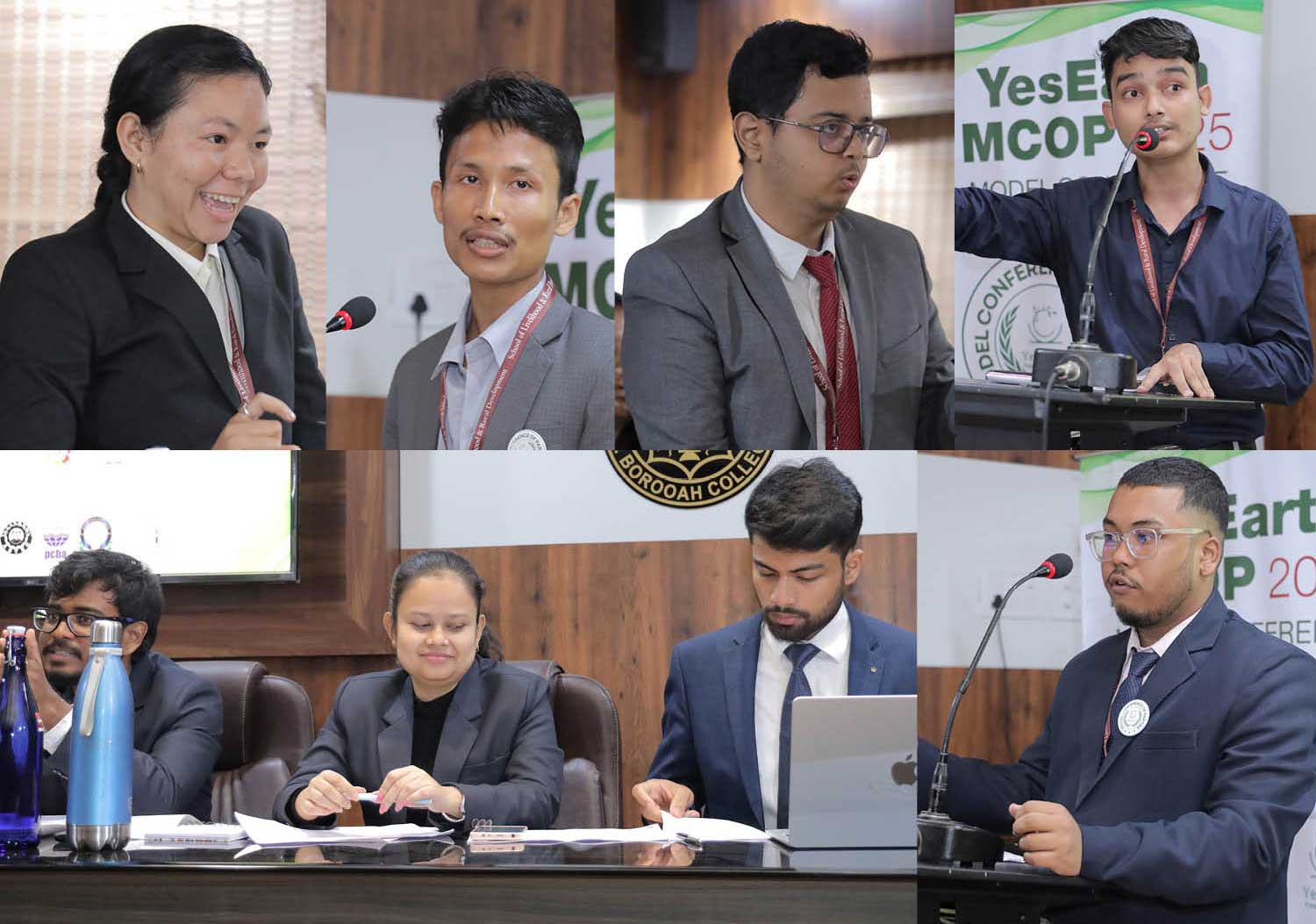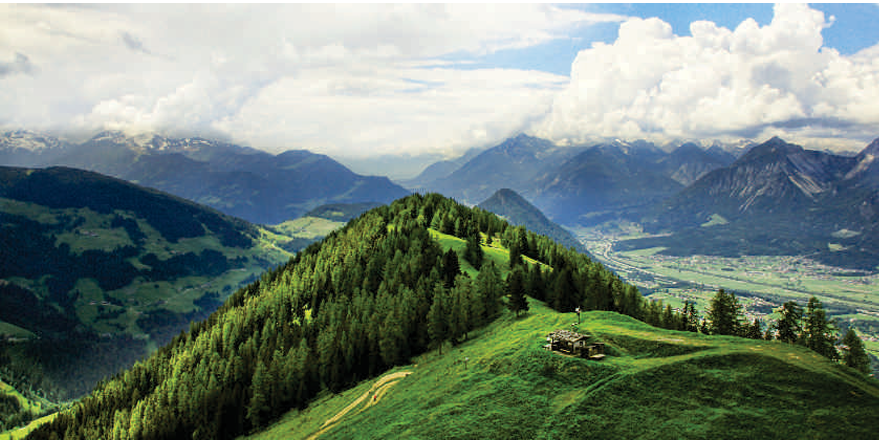Role of Psychology in the Forest and Environment Management
INTRODUCTION
Humans have an innate ability to understand the behavior of others within a social context. Historically, this ability has played a significant role in safeguarding forests and the environment. The key principle guiding this conservation effort was frugality-using natural resources wisely to ensure their availability for future generations. In early human civilization, greed was not a predominant factor; however, with the advancement of comfort and convenience, insatiable greed emerged, leading to excessive and imbalanced consumption of natural resources.
This situation called for the intervention of professionals who could enhance mental resilience and promote sustainable behavior. This necessity led to the emergence of psychologists as key figures in addressing environmental challenges.
In the early 1960s, the publication of Silent Spring (1962) by Rachel Carson acted as a catalyst for the modern environmental movement. Environmental concerns gained traction, eventually leading to the establishment of organizations like the Environmental Protection Agency (EPA) in the United States. Similarly, in India, then-Prime Minister Indira Gandhi attended the Stockholm Conference on the Human Environment in 1972, where she emphasized that poverty was a major cause of environmental degradation. For the first time, the conference crystallized the idea that environmental integrity, peace, and development are interdependent and that civil society’s participation is crucial for addressing environmental issues.
Indira Gandhi played a pioneering role in environmental conservation, spearheading legislative and policy initiatives for environmental protection. During her tenure, several environmental acts and regulations were enforced, highlighting the growing significance of environmental governance.
Psychologists gained prominence in mitigating the impact of climate change and environmental degradation, leading to the emergence of environmental psychology. This field focuses on the interrelationship between humans and their environment. Pioneers like Harold Proshansky, William Ittelson, and Robert Bechtel contributed significantly to its development.
During the 1990s and early 2000s, the psychological aspects of environmental conservation gained further recognition. Scholars such as Stephen Kaplan and Rachel Kaplan played a crucial role in advancing conservation psychology, which emphasizes behavioral changes to promote sustainability.











